Disclaimer: This post contains affiliate links. If you click through and make a purchase, I may receive a small commission (at no additional cost to you). This helps support and run my blog. I only recommend products I personally use and love. Thank you for your support.
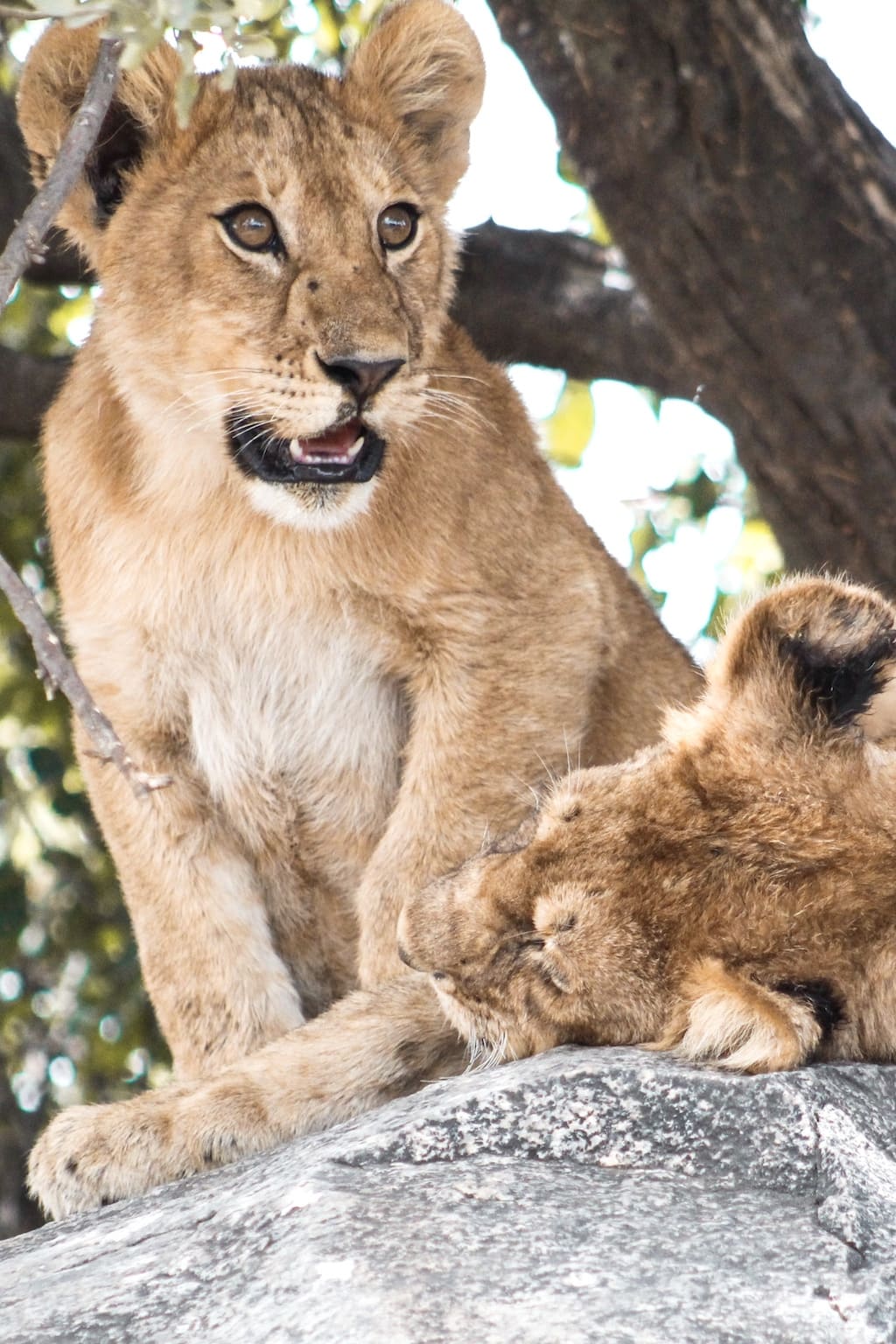
An African safari is a magical experience and should be on everyone’s bucket list. However, for a first-time safari-goer, the process of booking a safari can quickly become overwhelming. A safari is unlike any other trip. It requires research and preparation. There are many factors to consider and a wide range of tour operators to choose from. Many people wonder, “When is the best time to go?” or “How do I find a trustworthy safari operator?”.
There’s so much information available that it’s difficult to know where to start. Booking a safari may seem complicated but it doesn’t have to be. Continue reading to learn how to book an African safari in 7 easy steps.
How to Book an African Safari:
1. Choose a Date to Go on Safari
The first step in how to book an African safari is choosing a date. Most African safari destinations can be visited year-round. However, the dry season tends to be the most popular. The dry season is generally from June to October for most of sub-Saharan Africa but does vary from country to country. During the dry season, animals can be found gathering around watering holes in large numbers. The vegetation is also more sparse and spotting animals from a distance is much easier. However, the dry season is also very dusty. These months are considered the high season and rates will be at their highest. You’ll also need to book much farther in advance, possibly up to a year.
The green season is generally from November to May. You’ll likely experience some rain during this time but there will be better flight and hotel deals. The calving season is from January to February. These months also see more predator action because of all the young animals. Another event that you may wish to see is the great wildebeest migration across the Serengeti. It usually takes place from December to March.
You’ll want to choose a few dates that work for you since your first choice may not be available. You’ll also want to consider your budget when choosing a time to go and the length of your safari.
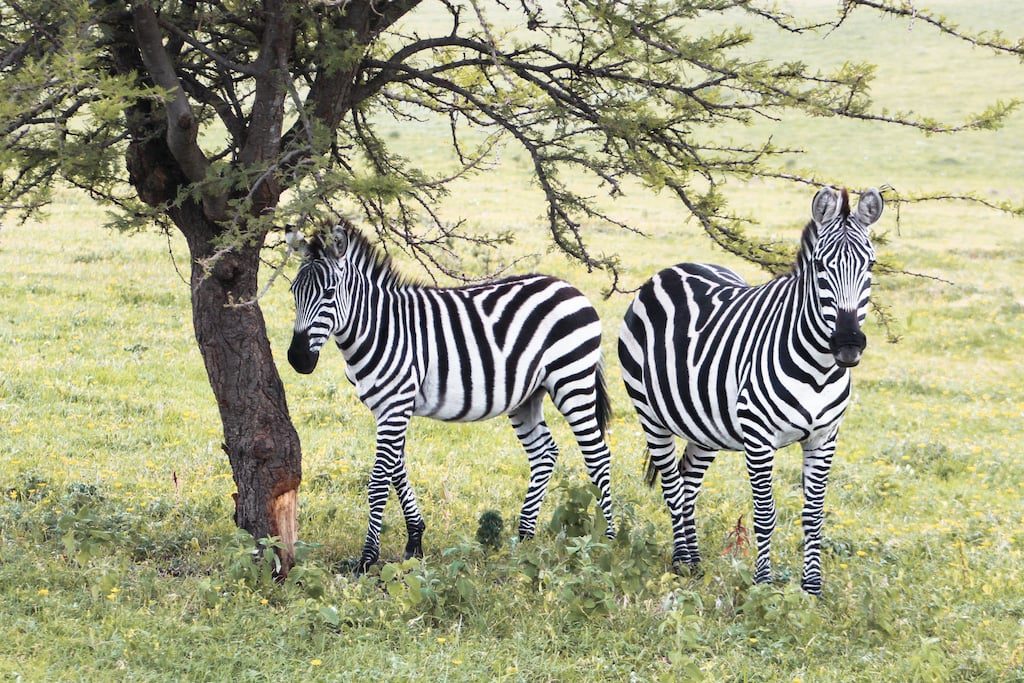
2. Decide on a Safari Destination
Your safari destination will largely depend on when you want to go and what you would like to see. The seasons will vary slightly between African countries. You’ll want at least an idea of what your safari goals are. Are there any particular parks on your bucket list? Are you interested in a specific animal experience? Some animal species are location-specific. Tanzania is ideal for the Big Five and Rwanda or Uganda are great for mountain gorillas.
It’s also important to consider nearby attractions. Are you interested in spending a couple of days at the beach before or after your safari? Have you always wanted to see Victoria Falls? Do you want a very safari-focused trip or a more balanced trip that includes other activities? Make a list of places, parks, and animals that interest you. Safari operators can provide you with suggestions based on this list.
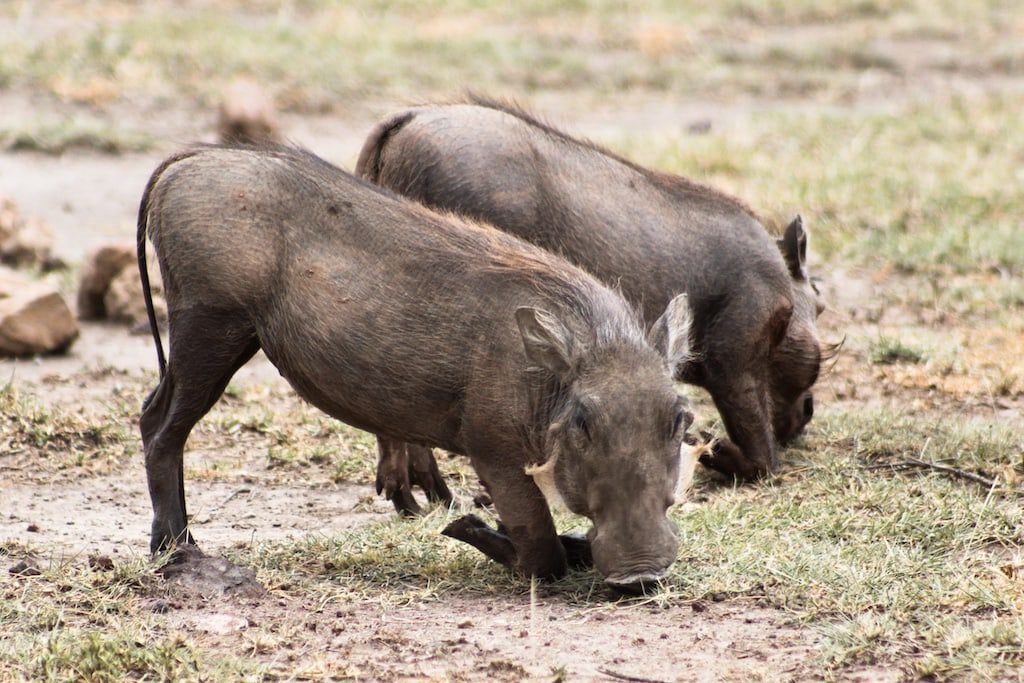
3. Set a Budget & Choose a Travel Style
There are many different types of safari and what you choose will likely be based on your budget. There are many options when it comes to itineraries and travel styles but most safari destinations are remote and there are a lot of logistics involved. A safari is not an inexpensive experience. Your budget will determine what types of accommodations are available to you and whether you visit during the high or low season.
There are generally three types of safaris if you book through a tour operator: budget, mid-luxury, and luxury. Budget safaris will likely involve camping or budget lodges. Mid-luxury safaris are generally 3 to 4-star accommodations or a mix of budget and luxury lodges. Luxury safaris are 4 to 5-star accommodations and may even include flights to the parks.
Most safari packages are all-inclusive of meals, accommodations, and guides. Some will also include airport transportation, park fees, and additional activities. Other things to consider when coming up with a budget are whether you wish to go on a group or private safari and if you want a large lodge experience or a more intimate camp. You can expect to spend about $2,500+ pp for a mid-luxury 5-day safari.
Another budget-friendly option is to skip the tour operator and book everything directly. This will be more work on your part but it can save some money. Many of the same lodges and camps can be booked through regular hotel sites such as booking.com. You will then contact that particular lodge/camp to book game drives (day safaris) or other activities. Some of my personal favorites are:
Ngorongoro Serena Safari Lodge
The Ngorongoro Crater in Tanzania is one of the most popular safari destinations. Each of the “Big Five” can be seen in the crater including the elusive rhino. The Ngorongoro Serena Safari Lodge is a beautiful mid-luxury lodge that sits above the crater and offers magnificent views of everything below. Meals are included and the lodge offers multiple activities.
Another favorite safari destination is Serengeti National Park in Tanzania. Asanja Africa is a great mid-luxury camp located near the park. Each tent has a private bathroom and scenic views. Asanja offers its own safari itineraries for Serengeti and other locations within Tanzania.
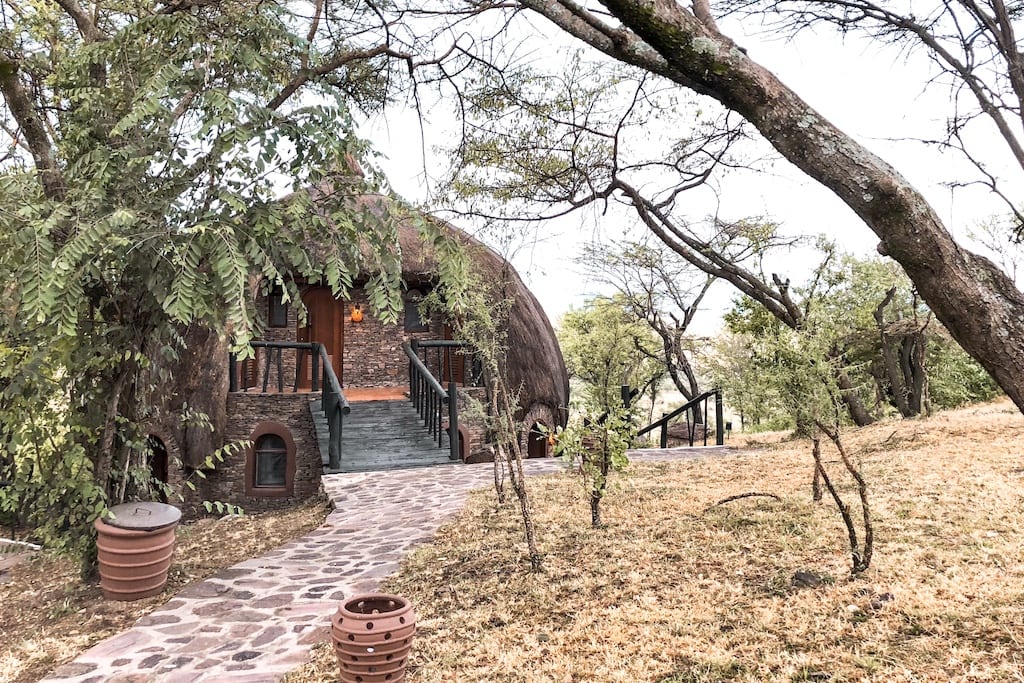
4. Research Tour Operators
This is one of the most important steps in how to book an African safari. A tour operator can be the difference between a magical experience and one that is very much the opposite. You’ll want to look for an ethical and eco-conscious operator that has a reputation for following park rules. Someone who drives irresponsibly or harasses the animals can quickly ruin your safari. A good safari operator will take the time to listen to your concerns and offer detailed suggestions. They should also be experienced and fully insured.
The best way to begin your research is by asking around. If you have friends, family, or coworkers who have been on safari, ask them about their experience. You’ll also want to read plenty of reviews online. TripAdvisor is a great place to start. I booked my safari with Gosheni Safaris and had a wonderful time. They made the entire process very easy and I found them to be a great value for the money.
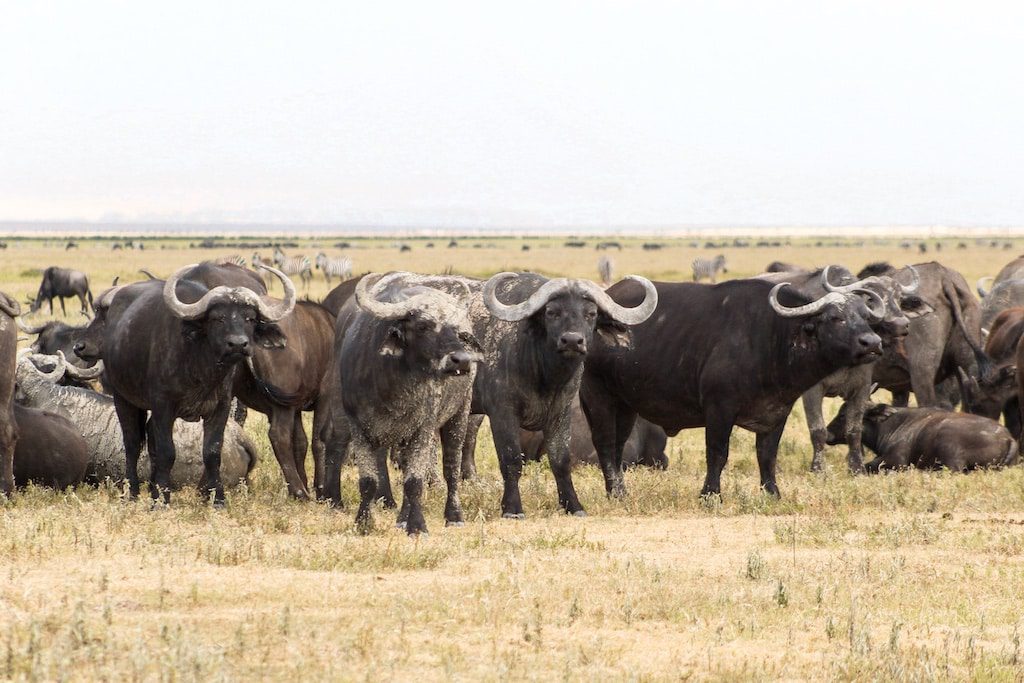
5. Send an Inquiry
After you have spent time researching tour operators, you should narrow it down to about five. You’ll then draft an inquiry to each. Some will provide forms on their website to initiate contact and then you’ll have the opportunity to go into more detail later. By now you should have a pretty good idea of what you are looking for in a safari. In your inquiry, you’ll want to include your destinations of interest, specific parks you want to visit, your budget, animals you hope to see, and any other information that may be helpful.
A good safari operator should know the country inside and out. They should ask questions, make recommendations, and provide you with a price and itinerary based on the information you have sent. Avoid those that send untimely or generic responses.
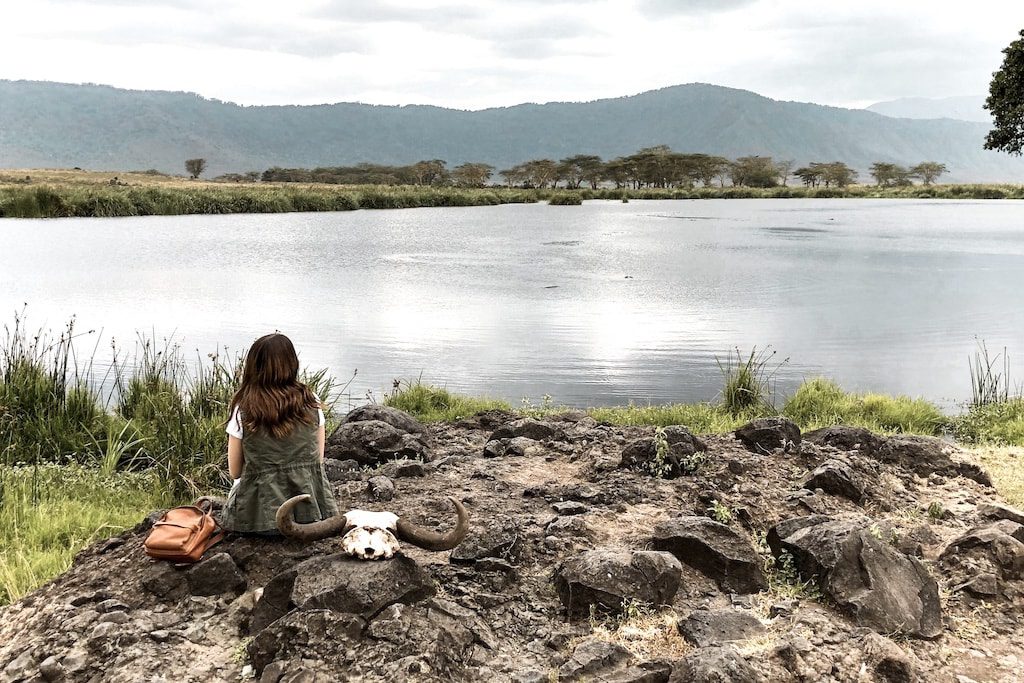
6. Secure Your Safari Booking
Once you have chosen a tour operator and are happy with the proposed itinerary, you will want to secure your safari booking. The first thing you will want to do is to make sure that there are flights (international and domestic within Africa) that work for your proposed dates. It’s a good idea to have a couple of options in case a flight becomes full by the time your safari is secured.
To secure your booking, you will need to provide the operator with a deposit. The deposit will likely be due immediately. The operator should send an invoice and let you know when the remainder is required. You’ll want to look over company policies prior to booking and make sure their cancellation policy works for you. I suggest using a travel credit card that offers travel insurance to place your deposit. If you don’t have a card that offers this, I strongly suggest purchasing an insurance policy with World Nomads. A safari is not cheap, and you’ll want to be covered in case something unexpected arises.
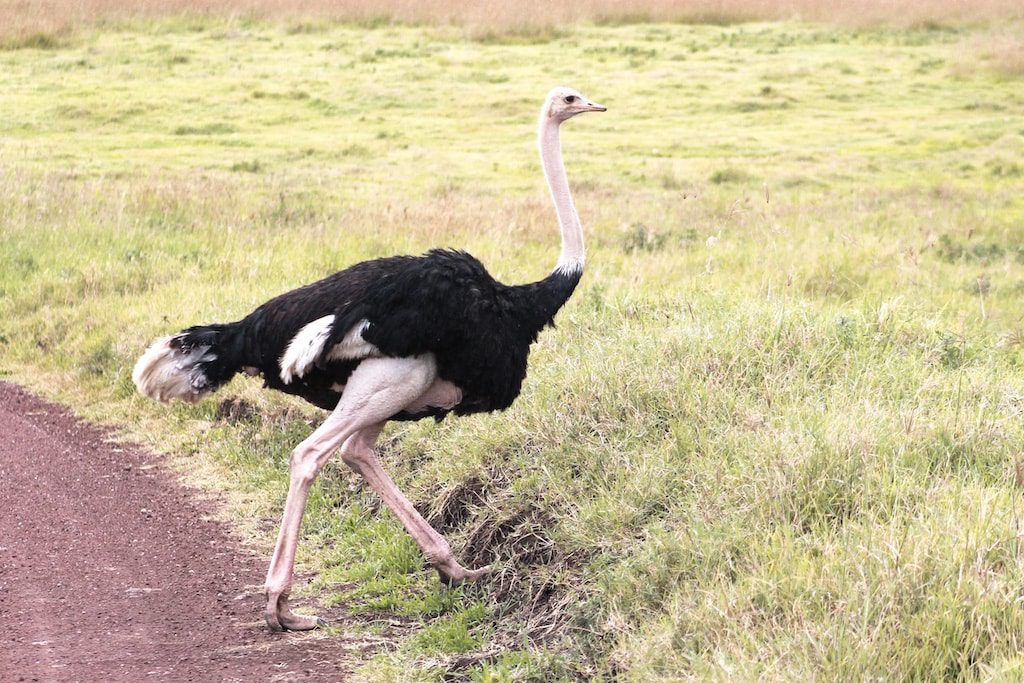
7. Book International Flights
The last step in how to book an African safari is to reserve your flights. After your safari dates have been confirmed you will want to purchase one of the international flights that you found earlier. Your tour operator should let you know what airport is best and what time your safari will depart. They should also let you know if there are any domestic flights within Africa that you are responsible for.
I suggest arriving a day or two before your safari so you are well-rested. You’ll want to ask your tour operator if accommodations for the night before and after your safari are included in your itinerary.
Have you been on a safari? Do you have any additional tips on how to book an African safari? I’d love to hear them. If you’ve enjoyed this post, please leave a comment or share using the social media buttons below. Ready to start packing for your safari? Continue to my post “Packing for Safari: Everything You Need to Know“.
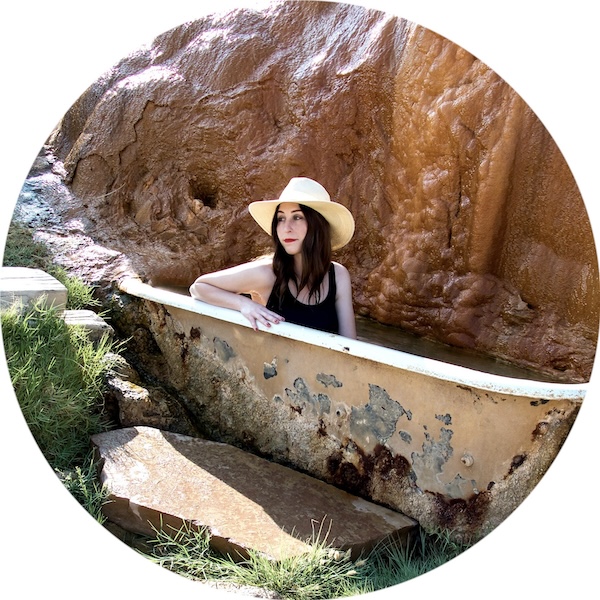
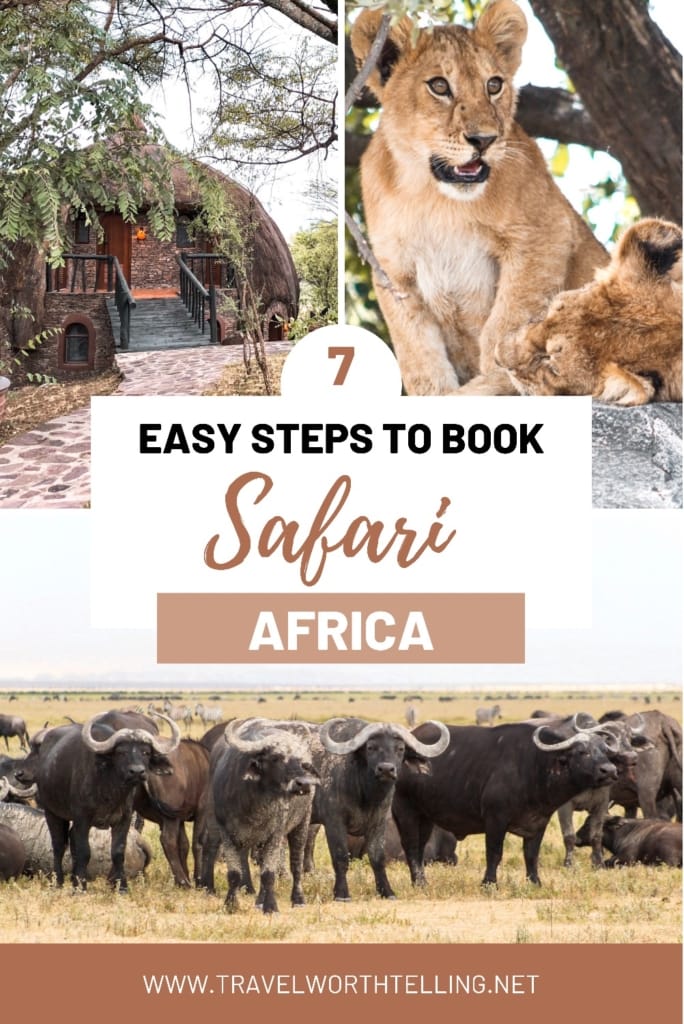
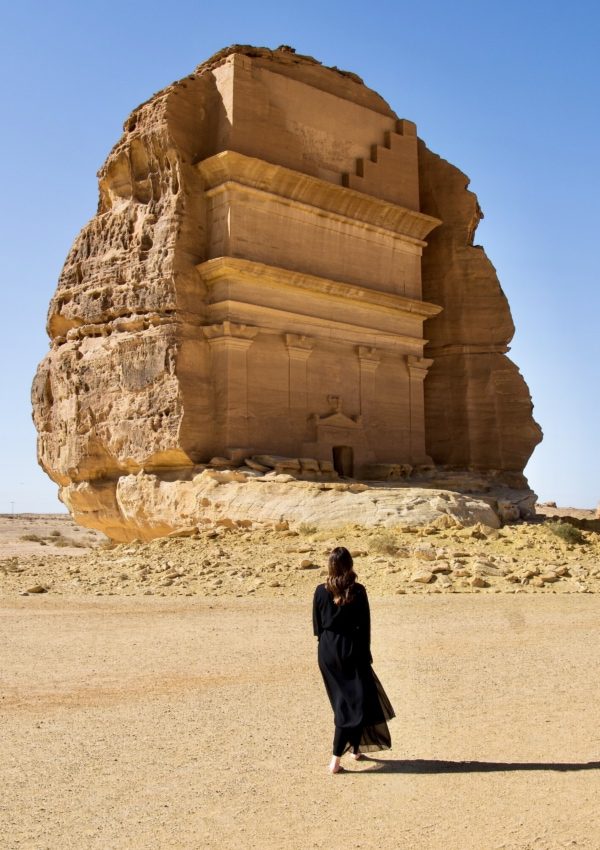

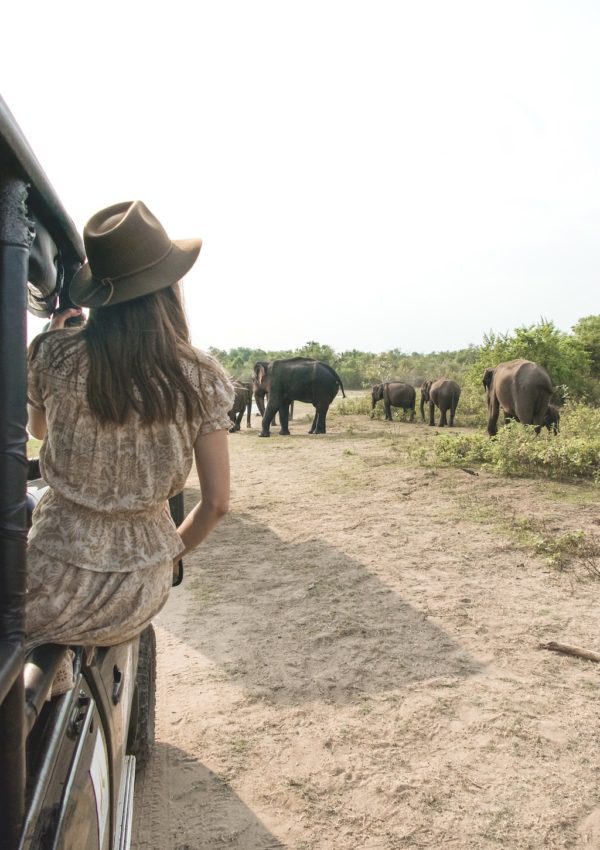
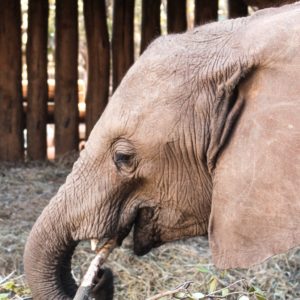


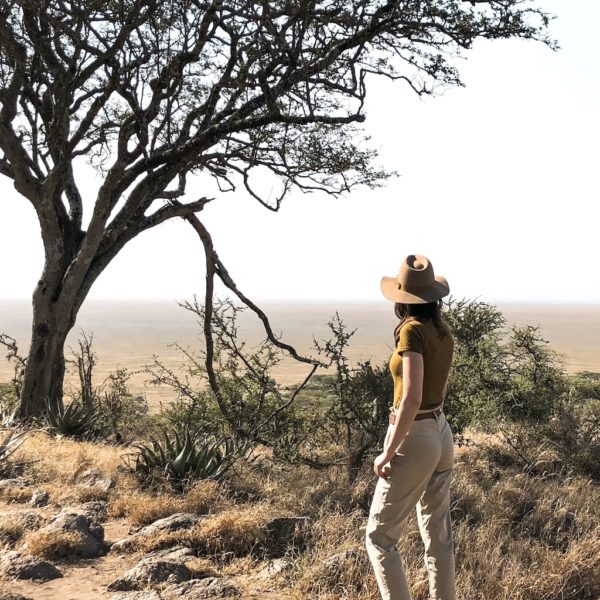

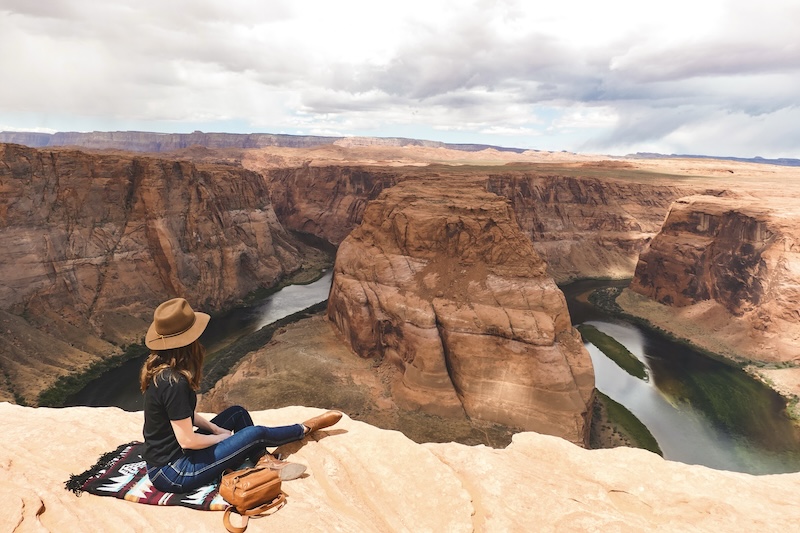
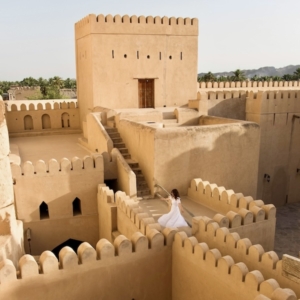
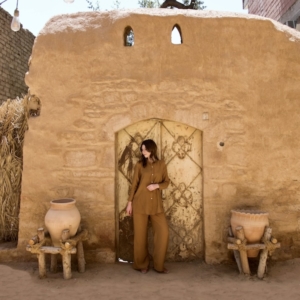

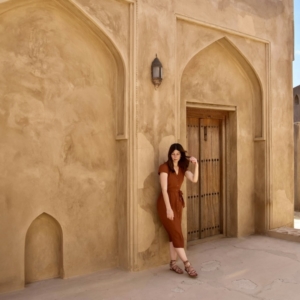


It is my dream to go on a safari! So many helpful points here, will definitely refer back to this when I start planning!
I can’t recommend it enough. Happy to help you with any planning in the future!
Africa is likely going to be my next travel destination, and everyone I know has recommended Tanzania for a safari. I didn’t know hardly anything about how the safaris worked, other than they are expensive. But looking at everything you got, it definitely looks like it is worth the price tag! Your photos are fantastic as well!
Thank you! If you have the opportunity, do it. It has been my best travel experience to date. I have a couple more posts on it in the works that should be up within the next week or two . :)
Nice Article! Planning ahead is certainly the way forward with holidays, especially popular destinations.